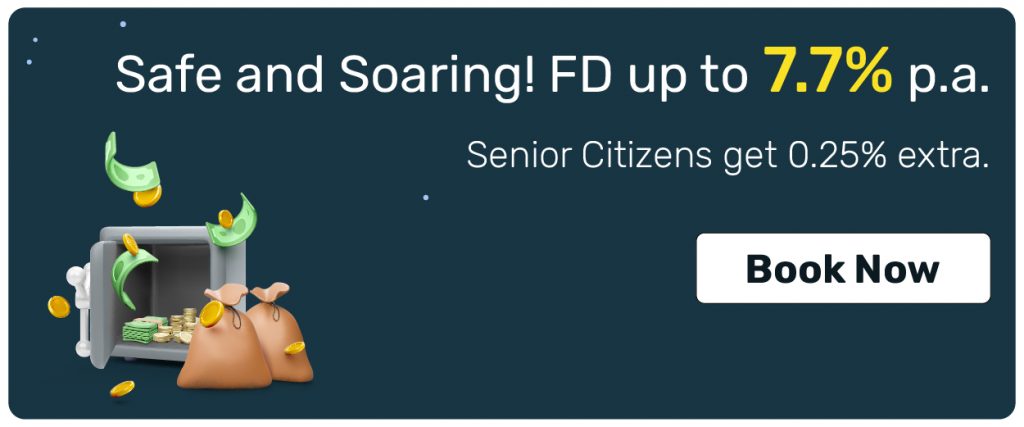What is bad credit?
Low credit scores or a bad credit history are both referred to as having bad credit. Based on a person’s credit history, a credit score is a numerical indication of their creditworthiness. A person’s borrowing and repayment activities, including any missing or late payments, defaults on loans or credit card balances, and bankruptcy filings, are documented in their credit history.
A person may have more difficulty getting loans, credit cards, and other forms of credit if they have a low credit score or a bad credit history. They may also face higher interest rates on these financial goods. Additionally, it may make it more difficult for someone to find some types of job, get certain forms of insurance, or even rent an apartment.
How can one get bad credit?
A person can develop negative credit in a number of ways. Following are some typical causes of a low credit score or a bad credit history:
Missing payments: A person’s credit score may be negatively affected if they consistently miss payments or make them late.
Large debt levels: A person’s credit score may be impacted by having a high debt load, especially when compared to their income.
Defaulting on loans: A person’s credit score may be severely impacted if they fail to repay a loan in accordance with the terms.
Bankruptcy: Declaring bankruptcy or having a bankruptcy file show up on a person’s credit report can both lower a person’s credit score.
High credit card balances: Especially when compared to the credit limit, can also have a detrimental effect on a person’s credit rating.
Too many credit applications: Making too many credit applications quickly might also hurt a person’s credit score.
People can gradually raise their credit score and credit history by managing their money sensibly, trying to pay off debt, and making on time payments.
Can you guard yourself from landing up with bad credit?
Almost anybody can guard themselves from bad credit by following the steps discussed below –
Pay your bills on time: One of the most important things you can do to maintain a good credit score is to pay your bills on time. This includes credit card bills, loans, and other debts.
Keep your credit card balances low: High balances on your credit cards can negatively impact your credit score. Try to pay off your credit card balances in full each month, or at least keep your balances as low as possible.
Don’t apply for too much credit: Applying for too much credit in a short period of time can also have a negative impact on your credit score. Be mindful of how often you apply for credit, and only apply for credit when you really need it.
Monitor your credit report: Make sure to regularly review your credit report to ensure that it is accurate and up to date. If you find any errors or discrepancies, report them to the credit bureau as soon as possible.
Use credit responsibly: Avoid maxing out your credit cards or taking on more debt than you can handle. Instead, use credit responsibly by only borrowing what you need and paying off your debts in a timely manner.
How does bad credit impact you?
A person’s financial life can be negatively impacted in a number of ways by bad credit. Poor credit can have an impact on you in a number of ways, including:
Difficulty obtaining loans: It may be more difficult for you to get loans, credit cards, and other types of credit if you have a low credit score or a bad credit history. You may find it more difficult to finance significant purchases or make other crucial financial decisions as a result.
Higher interest rates: If you are able to receive credit while having bad credit, you can be subjected to loans and credit card interest rates that are higher. This may raise the cost of your borrowing as well as the total cost of borrowing for you.
Limited renting options: When evaluating you as a tenant, landlords and property managers may verify your credit history. If you have poor credit, your rental selections may be more limited or you may be asked to put down a larger security deposit.
Having trouble finding specific sorts of work: As part of the recruiting process, certain businesses may examine your credit history. Certain forms of employment may be less likely to be offered to you if you have poor credit.
Increased insurance rates: Some insurance firms may take your credit history into account when calculating your insurance rates. Certain types of insurance may have higher prices if you have poor credit.
Your financial life can be significantly impacted negatively by having bad credit, which can make it more difficult for you to reach your financial objectives. To prevent these detrimental effects, it is crucial to try to maintain a solid credit score and credit history.
Good credit will nullify all the disadvantages discussed above. In fact, having good credit can make it simpler for you to reach your financial objectives and can enable you to save money on interest and other charges associated with borrowing. To profit from these advantages, it’s critical to try to keep a strong credit score and credit history.
Read about the top 7 financial bad habits you should avoid here. Understand whether a credit card or fixed deposit is right for you here.
Interested in how we think about the markets?
Read more: Zen And The Art Of Investing
Watch here: What are Financial Goals?
Start investing through a platform that brings goal planning and investing to your fingertips. Visit kuvera.in to discover Direct Plans and Fixed Deposits and start investing today. #MutualFundSahiHai #KuveraSabseSahiHai











